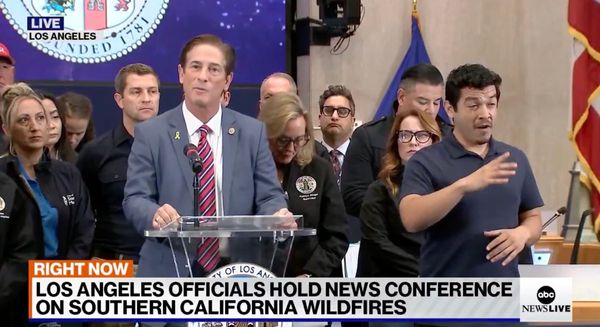
Richard Creswick writes: There is little to add to Maeve McGregor’s forensic account of Alan Tudge’s failed political career (“A political obituary for Alan Tudge”). However, he was just a manifestation of a government that lacked any sort of moral compass, empathy for anyone other than wealthy mates and donors, and any basic decency. Instead of a valedictory speech, he should have gone off into the night, a disgraced minister, politician, husband and employer.
Tim Stephens writes: I think Tudge perfectly represents the overprivileged, born to rule, shameless, parasitic and utterly self-centred members of the Morrison government. Nothing else to say, really.
Frank Walker writes: Tudge was another member of Scott Morrison’s parliamentary prayer group who set out to bully and beat down the weakest and most defenceless people in Australian society. Being allowed to flee Parliament with full pension entitlements without facing any consequences is not justice.
Chris Ryan writes: McGregor paints a thoroughly disturbing portrait of one person’s political career and the damage that person caused. “A political obituary for Alan Tudge” graphically illustrates why there are some among us that should never be let loose on the Australian public because of their politico-pathic nature. The litany of almost pathological brutality visited on the population at large by Tudge is seemingly endless. However, let us not forget that Tudge was one of many with their grubby fingerprints imprinted on the disgraceful robodebt enterprise.
The robodebt royal commission provides ample and shocking evidence that a federal government minister accessed and strategically released personal data to the media in a deliberate and calculated attempt to destroy the credibility of complainants and to bully them into silence. Those we place our trust in to protect us against criminal acts were involved in flagrant data breaches against the interests of those they were charged with serving.
The unedifying spectacle of ducking, weaving and obfuscation by successive ministers appearing before the commission is frankly appalling and utterly disgraceful. That these moral vacuums remain in our national Parliament is a blot on our society, when in reality they should be occupying positions in another government institution — “at His Majesty’s pleasure”.
Carolyn Hirsh writes: I’ve lived in the federal electorate of Aston since its inception, sadly these last years with Tudge as our representative in Canberra. Thank goodness he’s going. The ALP has already chosen a candidate, not a high-flyer from another area but a local woman, Mary Doyle, a single mother of three, who stood for Aston in last year’s election and brought the margin held by the Liberals from over 10% to something under 3%.
Trish Ferrier writes: The tight ball of moral outrage in my heart was unpicked as I read this article. It helped me remember how Alan Tudge and his merry men caused such misery in Australia during their reign. I thought things were bad under John Howard — little did I know it would get worse.
Jock Webb writes: I found Tudge’s conduct absolutely disgraceful. None of the people involved in robodebt, which clearly caused some deaths, will ever be held to account. None of them has any business being in the Parliament.
Marian Arnold writes: What a deplorable human being with his unfeeling pursuit of robodebt victims — and to this day unapologetic. The only surprise is that he did not rise more quickly to the top with that attitude. Perhaps it needed the elevation of Scott Morrison, of like mind, for that to happen.
Erik Kulakauskas writes: It is somewhat unfair to target Tudge and his abject failings as a human being let alone a minister of Parliament. Tudge was a product of his time and in very good company and a very fitting LNP MP.
We need not dwell on the (non)-performance of Scott Morrison — his record will never (hopefully) be surpassed. But consider the silent and ineffectual Marise Payne, and “lying cow” Linda Reynolds. And who can ignore the wisdom and thoughts of Michaelia Cash? Christian Porter set a low watermark for everything he touched in his political life. Stuart Robert can tell us a thing or two about probity and transparency, and then there are Andrew Laming’s photographic skills. And on it goes. The prayer group is a jolly good indicator of leadership and management.
Making good use of the rear-view mirror, Tudge kept up with the pack and performed according to the standards and requirements of the time. So give credit where credit it’s due — he did OK under the circumstances.
If you’re pleased, peed off or piqued, tell us about it by writing to letters@crikey.com.au. Please include your full name to be considered for publication. We reserve the right to edit for length and clarity.







